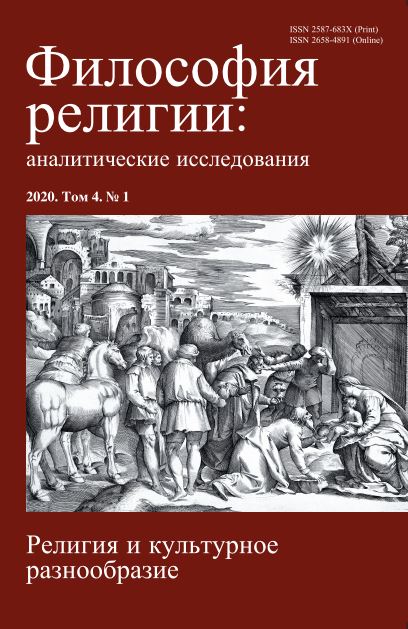Kant on the Moral Religion of Reason and Religious Pluralism
DOI:
https://doi.org/10.21146/2587-683X-2020-4-1-42-63Keywords:
Kant, tolerance, pluralism, faith, religion, church, community, God, morality, RevelationAbstract
The article concerns Kant’s philosophical position regarding religious pluralism and religious tolerance. A comparative analysis of Kant’s attitude to different religions and confessions of Christianity is carried out. The author makes an attempt to answer the question of the legitimacy of Kant’s characterization as a “philosopher of Protestantism”. The prerequisites for the formation of the Kantian position are revealed. It is shown that a number of the provisions characteristic of Kantian philosophy should not be attributed to Kant’s own innovation, since they are also found by other philosophers and theologians of the Age of German Enlightenment, and here the liberal (in reality nonconfessional) movement of so-called Neologians (J. Spalding and others) should be taken into account in the first place. The author examines recently gaining popularity attempts to actualize Kant's views on the relationship of various religions in contemporary democratic societies. The author comes to the conclusion that the Kantian concept of the relationship of religions in its integrity is not relevant to the contemporary conditions of religious pluralism.

 This work is licensed under a
This work is licensed under a 
